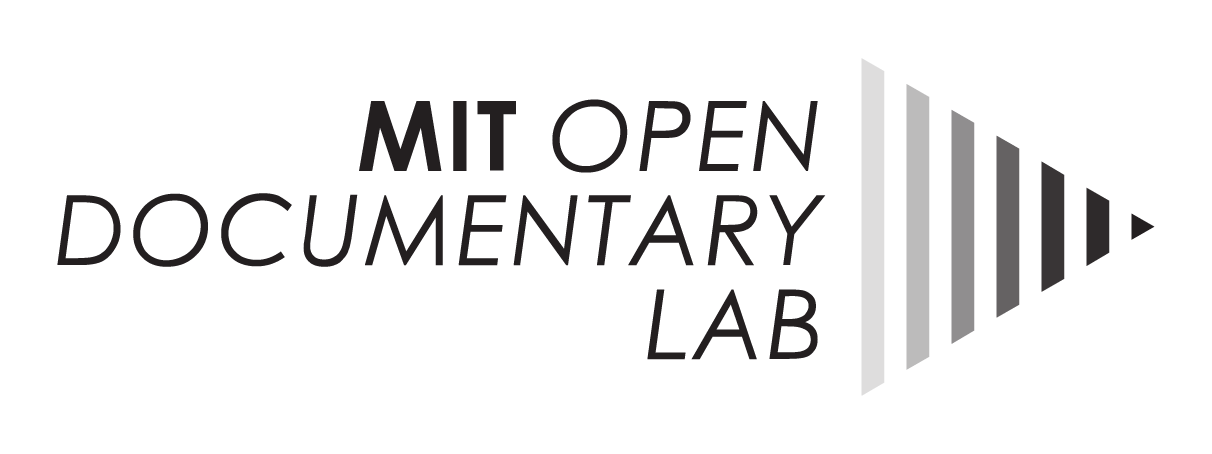
01 Feb COME/IN/DOC |Collaboration Definition [Part 4]
SEASON 2 – EPISODE 2 – PART 4: ‘COLLABORATION DEFINITION’
Here you can access the fourth part of the second episode:
[vimeo width=”580″ height=”330″]https://vimeo.com/176952616[/vimeo]
SELECTION OF KEY IDEAS (DIRECTOR’S CONTRIBUTION)
Andre Almeida (Film Director): It’s difficult to describe this term. It can be a shared authorship like for Youtube, or 18 Days in Egypt, or a more modest collaboration.
Adrian Miles (RMIT University): There are two things: the set of related practices, co-creation between documentary makers and technologists; and the collaboration between documentary subjects and audiences.
Kate Nash (University of Leeds): Some questions which arise from this topic could be: what are the terms of the collaboration? how is it organised? who benefits?, etc. I have explored different modes of collaboration, so if you want to collaborate with someone, each of you has to take part in the decision making process around something.
Gerald Holubowicz (Racontr): It’s a natural process, if you want to be in this kind of industry, you have to collaborate with other people. You become enriched thanks to collaboration processes, not to mention the relationship with the audience.
Guy Spriggs (Ramillas): There are hundreds of ways an author can collaborate, it can be on a financial level, on a creative level, its not a solitary trip…
David Dufresne (Film Director): For me participation is one of the main differences between the linear and interactive forms. The debate around a topic is the key. In the festivals you can see the debate after the films, and sometimes this debate is more interesting than the movie itself. In interactive movies the real exchange between the creators and the authors could be the heart of it.
Christopher Allen (UnionDocs): In its best case the individual is erased, and the group becomes crucial to lead to new results. It’s being open to new relationships like an audience or other creative people.
Brenda Longfellow (Offshore): Film is a collaborative medium, nobody makes a film on their own. So in the interactive realm it’s not so different from the linear one. It’s the nature of the documentary process itself.
Cindy Poremba (Sheridan College Institute of Technology and Advanced Learning): I think there’s really strong ethical implications in calling people ‘collaborators’, particularly in this form of documentary. It’s fascinating but extraordinarily complex the way that the collaboration structure is being framed, but because interactive docs is an area that is so interdisciplinary, these collaborations happen more than they used to do in other genres/forms of expression.
Add your contribution here: http://comeindoc.com/contribute/
Website: http://comeindoc.com
Dr. Arnau Gifreu
COME/IN/DOC Director
Research affiliate
agifreu@mit.edu



